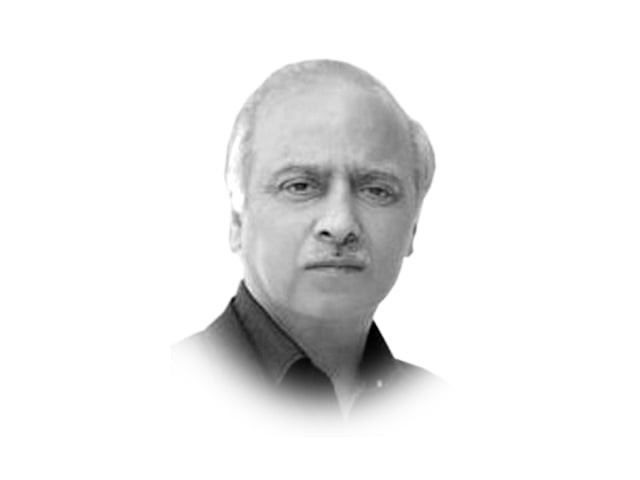Can we emulate Turkey?
Can Pakistan emulate some of the fundamental principles that guide the Turkish model of democracy.

At the same time, the grand political consensus on the separation of politics and religion remains strongly in place. The entire political discourse, therefore, continues to be embedded in universally acknowledged democratic values, despite the fact that outside modern Ankara, Izmir and Istanbul, Turkey, like Pakistan, is a religious country which is strictly orthodox Hanafi Sunni. Not every Turk drinks but most people pray and fast. They are, at the same time, very comfortable with the secular model of governance.
Wine is no longer served in government functions. The hijab is okay. A friend quoted an older Turk friend saying that the country Turkey wanted to emulate in the past was –– Pakistan. But not the Pakistan of today, which they see slipping very quickly towards chaos.
It is, of course, debatable as to whether Pakistan can follow what Ataturk did over 90 years ago with brute power. The extent to which Ataturk went to remove references of religion from every segment of the society was breathtaking and is probably not possible today in an era of fast-moving transnationalist Islamist ideologies, epitomised particularly by al Qaeda and the Muslim Brotherhood. This may, however, endanger the secular edifice that Ataturk raised in 1923.
Meanwhile, what deserves consideration is whether Pakistan can emulate some of the fundamental principles that guide the Turkish model of democracy.
Other Muslim countries like Malaysia and Indonesia have also gone through similar experiences which can indeed serve as benchmarks for a country like Pakistan that is currently embroiled in a crisis that stems from the intertwining of religion and politics. If the entire education system is subject to state regulations, why can’t the private religious education establishment i.e., madrassas be subject to those regulations to avoid sectarian divisions and their adverse impact on the society?
The monopoly of religious thought and dissemination in private hands is risky and fraught with numerous pitfalls. This is what we see happening in Pakistan, led by the five wifaqs –– and the religiopolitical parties.
Based on the experiences of Turkey, Malaysia or Indonesia, Pakistan’s mainstream political parties can perhaps help initiate a debate on the subject. They need courage and vision for a liberal and prosperous Pakistan to embark on that path. This, however, must not be misconstrued as an attempt on infringement of religious freedom. Everybody is, and must be free to practice faith. But that practice must not become an instrument of injustice, discrimination and intolerance.
Published in The Express Tribune, April 10th, 2012.
















COMMENTS
Comments are moderated and generally will be posted if they are on-topic and not abusive.
For more information, please see our Comments FAQ